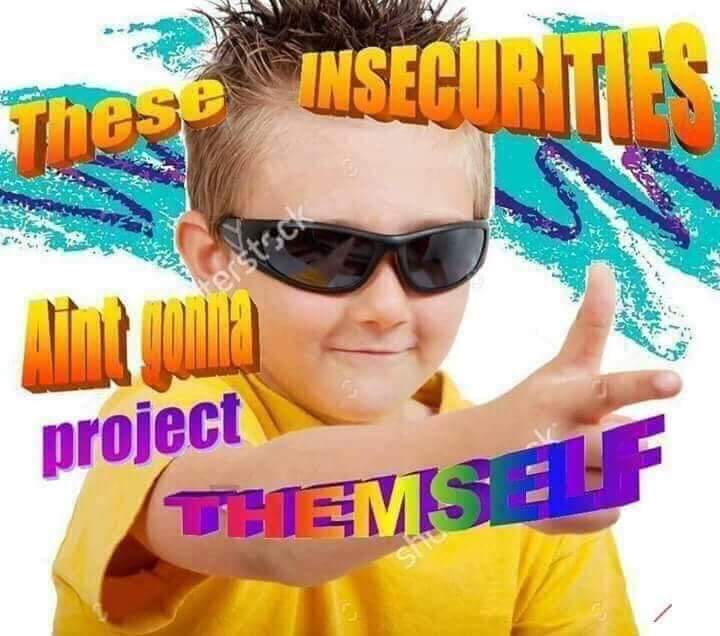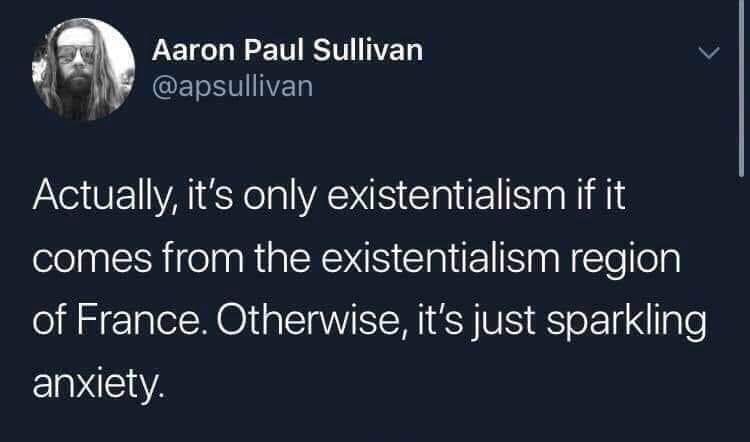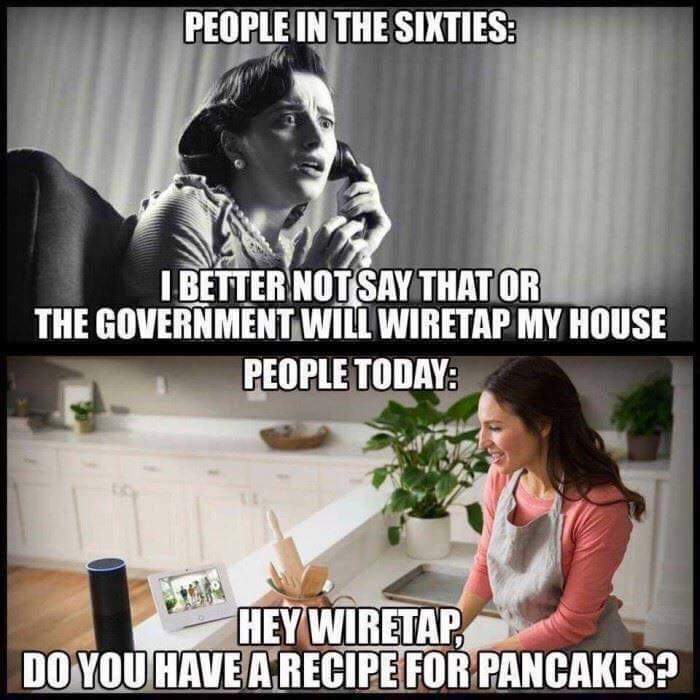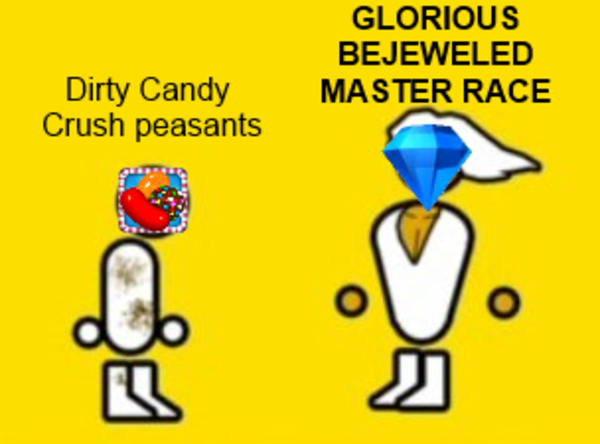I recognize this post will seem a bit tin-foily but I think it’s time we start acknowledging the consequences of a disrupted global supply chain. Perhaps things won’t get as bad as I am predicting but I think the underlying message will be relevant at some point. Ultimately, the standard of living we grew up taking for granted is about to change to some degree.
The majority of foods we consume and enjoy are dependent on global industries which are currently altering production and transportation protocols as demand and supply continue to change. Regardless of whether shortages arise due to nations restricting exports or locusts ravaging farmlands, it seems likely that by midsummer we will lose access to a variety of foods. Today, we see restaurants only offering take-away or delivery options in an attempt to find a balance between remaining open and upholding distancing measures. Grocery stores are either running out of products or limiting which items they order, as I hear shelves tend to be more empty these days. Before long, the service workers who prepare this food are likely to disappear too, as they themselves become sick or simply refuse to continue to put themselves at risk. Facilities where ready-made meals are prepared may also see a shortage of workers, limiting options for those who do not prepare their own food. We will be required to make everything ourselves, and before you call my a whiny millenial, remember that this is just the beginning. Processed foods will be next, including frozen meals, baked goods, canned soups and sauces, cookies, chips, crackers; anything that is not considered an ingredient. Eventually, however, personnel involved with all levels of the supply chain will be impacted in some way, leading to shortages of produce, dairy, and meat. I have been working on this post for a few weeks, and recently the talk of meat shortages has only increased. While we may not see wide-scale shortages until the end of the year, the decline in numbers of human workers is approaching and it will impact access to most foods.
While you may be able to survive a year without a decent burrito, these effects are not short-term as the entire world is in the midst of readjusting. You may have heard the stories of vegetables rotting in the fields or milk being dumped, but what you may not realize is these were ingredients for future foods too. The downstream effects will be a reduction in selection, and by selection I’m not talking about brands but categorical options. The only milk you may have access to is homogenized milk and cream; no skim, no 2%, and certainly no 1%. If you’re lactose intolerant, you may only be able to buy soy beverage given the recent nature of the American agricultural economy. Unilever or Kraft may have to cut production of certain items given these shortages, and suddenly we are in the midst of a type of food shortage in a time where emotional eating is at its height.
When you no longer have access to the things you love, the things that comfort you, what will you do? There are other forms of escapism and sugar comes in many forms, but we take variety for granted. We have become dependent on satisfying our appetites to some degree, regardless of whether it’s through alcohol, sugar, fat, or caffeine. We cope by consuming these substances and take pleasure in their effects, but there may also be other associations with these foods which contributes to societal well-being. Families and mealtimes go hand-in-hand all over the world, and it is difficult to determine how changes to supply chains will impact social relations.
Another option for coping is through various forms of media, as it entertains us and distracts our minds from the horror of reality. The problem arises from the tight coupling of food and visual media, irrespective of advertising. Since food is a cultural activity enabled by peak globalism, and a source of human happiness, we may suffer if this shared experience has been diminished to some degree. This may become especially apparent if images of our favourite foods are continuously popping up in our attempts to distract ourselves. Currently, social media posts include pictures of homemade creations or recommended recipes, and scrolling through staged photos may enrage us if we can’t have what we are seeing. It will remind us of a time when we had it all but didn’t even know it.
Until then, we will begin to value normalcy as type of currency, where our motivations aim to meet a luxurious set of basic needs. First-world lifestyles are built on options and variety in the things we consume, from Netflix shows to vegetarian alternatives. Notions of scarcity in a postmodern society seem ironic because it implies a reduction in standard of living, not necessarily a threat to survival. As we take our current way of life for granted, the more we put ourselves at cognitive and emotional risk. We have to acknowledge our personal dependency on this consumeristic environment we grew up assuming was normal. This has produced a level of entitlement which is about to be threatened or at least thrust into the spotlight, and perhaps leading to a reduction in emotional well-being. Some are frustrated by the actions of those who believe their freedoms are being restricted, and those protesting lock down orders inspire others to demand things “return to normal.” I don’t see it happening. Will this lead to societal unrest, especially as unemployment numbers grow? Of course it’s difficult to determine how society will adjust to this new normal, but I don’t like the way things are going today. Throw a change of available coping mechanisms into the mix and ask yourself, how are we going to handle this adjustment to a new normal? Maybe we won’t feel it until this time next year, but I believe our collective emotional well-being is about to deteriorate, for a number of reasons.









